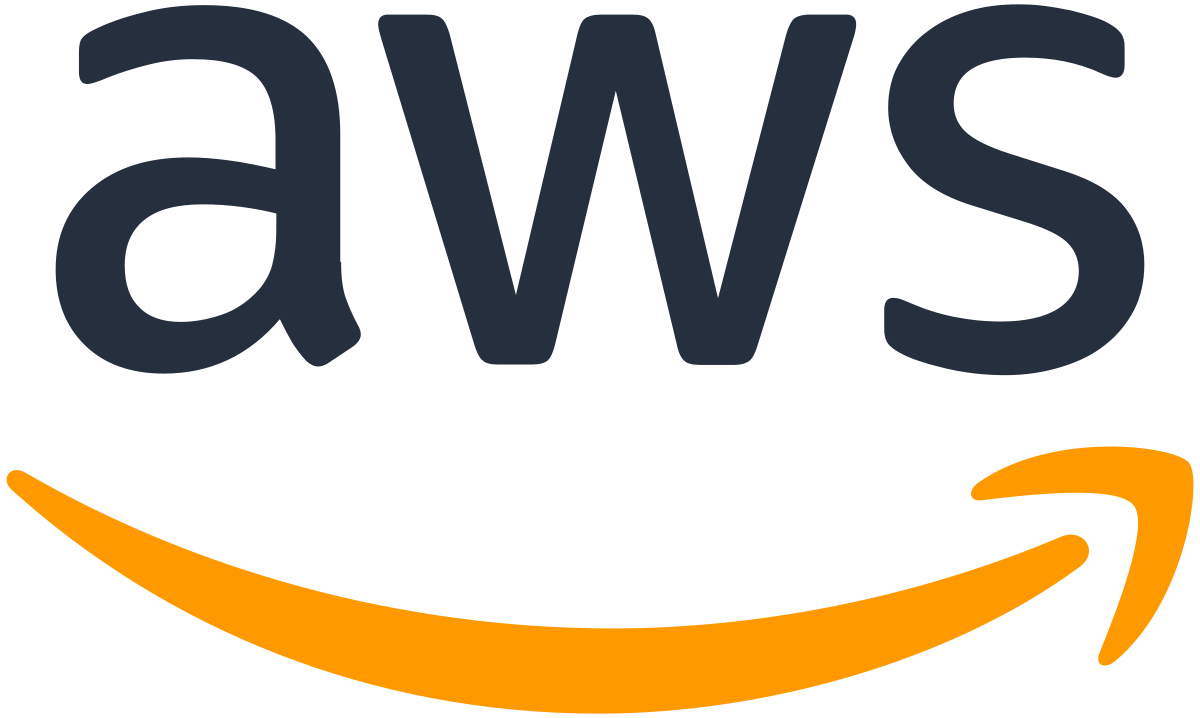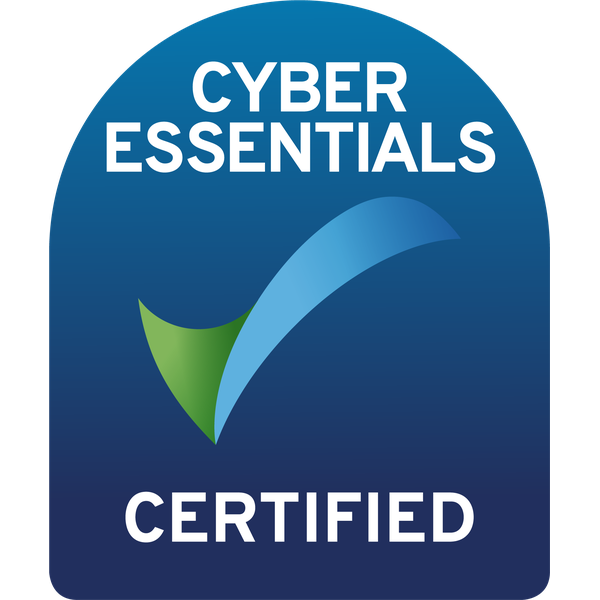Written by:

Grant Yuill
Head of Marketing & Customer Engagement
It isn’t easy to establish and expand a Law Firm. There are several decisions to be made and things to do, such as employing the best employees, acquiring new clients, and developing a successful legal career.
It makes sense that many smaller law firms with less than 50 employees prioritise providing good services to their clients over keeping up with technology. Some business leaders view technology as a long-term investment they’ll only consider once their company is more established and has more funding since they have little time or money to learn new software and few staff members to function as programme administrators.
A recent Denovo study, however, demonstrates the exact opposite: technology promotes the expansion of legal firms, not the other way around. When properly implemented, sophisticated software programmes can speed up administrative processes and workflows, uncover patterns in productivity and profitability, and eventually aid law businesses in growing their client base.
Here’s why legal professionals must see technology as an initial investment with long-term benefits.
How is Technology currently assisting Law Firms in expanding?
It goes without saying that legal firms willingly embrace legal software as a part of their daily operations. Established firms, previously reliant on manual and analogue methods that were rooted in tradition, adopt more and more digital options for their legal software solutions in order to compete for fresh talent accustomed to working in software. This is particularly prevalent as law practices move to hybrid work environments.
Software can have a double edge, depending on how it is used. Are legal teams comparing data and documents, changing various records, and switching between systems? When they spend less time with customers and lose the day to technology, they are able to win cases.
Or, as in the case of Denovo, are they given the freedom to operate in a coordinated manner from a single, central site that features automatic activity and time tracking to make payment simple? In a system like this, legal teams can increase their billable time by spending more time on the programme, but they can also increase productivity by spending less time on the software and more time concentrating on clients.
The amount of time that law firms spend on fewer legal software management solutions will increase as automation advances. Legal teams may perform numerous everyday operations, such as client intake, document assembly, document management, and calendaring, in one convenient location thanks to software designed specifically for law practices.
Additionally, this kind of technology runs in the background, automatically recording billable hours and customer communications without the need for staff members to be aware of it. With mobile app versions of the legal case management software, you may even communicate with clients and complete work while on the road.
A practice management application not only minimises administrative tasks but also frees up more time to concentrate on acquiring new clients and keeping existing ones.
In other words, if businesses spend more time in using the right technology, more business will follow.
Building a Standard Legal Software tech stack is not enough
We should issue a warning before we jump to conclusions and assume that technology alone is responsible for the expansion of modern legal firms. Not all legal software is made equal, and purchasing any old’ platform won’t guarantee greater earnings, more clients, or higher productivity.
In reality, respondents to the survey claimed that their companies’ usage of software still had space for improvement.
A jumbled network of software clutter can be produced by using too many tools. Your business may use five separate tools with overlapping functions as a result of the abundance of point solutions. This means that switching to a new software platform alone won’t fix anything.
But without enough integration, your legal firm’s data sharing and documentation will have gaps or redundant information. These inconsistencies across the distributed systems give plenty of potential for forgotten tasks, missed deadlines, lost time, and a disorganised overall workflow.
Secondly, using too many apps reduces productivity and increases team burnout. When your legal team must use multiple pieces of legal software to put together different components of your legal workflows, you have app fatigue.
Because your team must move, match, and search for data across many platforms, having disconnected and unintegrated legal software solutions results in this app fatigue. Your employees are continually overwhelmed with new software and numerous notifications in their personal and professional life. They don’t want to use time at work moving back and forth between apps. It’s a method that is both ineffective and counterproductive.
We recommend spending money on fewer, more potent legal technology tools. Instead of being shallow and spread thin, cloud-based legal practice management software and comparable solutions go deeper by addressing more aspects of the legal workflow while still delivering best-in-class solutions. A one (or two or three) stop shop keeps employees from burning out, promotes employee retention, and improves client organisation and productivity.
You’ll be in a wonderful position to expand if you can identify and choose a small number of legal software programmes that operate together to handle every aspect of your legal workflows, from lead management to accounting, billing, and payment collections.
How to maximise your investment in Legal Management Software and Firm Expansion
As we’ve seen, simply purchasing new technology won’t cut it. How well you’re able to use a new tool successfully, both individually and collectively, will determine its success.
A great customer service team is where it all begins. Find out how each platform intends to assist you with the implementation, onboarding, and training processes while assessing new technologies.
Put integrations first
At Denovo, our onboarding staff will do more than just set up and maintain your new Case Management Software. Additionally, we’ll make sure it interfaces with the existing legal software you’re using so everything can communicate with one another and accurately share data. That means there won’t be any more missed deadlines, inaccurate client information, information searching across several legal software systems, or overlapped functionality.
Educate and Train Your Staff
Spend money on thorough staff training after your new system is in place. Invite as many individuals as you can to your training sessions so that every member of your staff is familiar with the new software. If possible, request that they lead demo sessions since many software suppliers include this service as part of their entire packages.
Also, training is not a one-time process. Throughout the year, hold regular learning sessions to inform your employees about new or advanced features. Check to see if everyone is comfortable using your new legal software solution a few months after it has been implemented.
Appoint several Software Administrators
Once a new tool is in use, it takes a village to make sure it functions well and accomplishes its goal. By appointing a few software administrators, law firms can ensure continuity even if one or more employees depart or are unavailable for enquiries and troubleshooting. Working with a partner like Denovo provides you with ongoing assistance from our customer success team as well as pre-set procedures that help in employee training and memory retention.
Analyse your Firm’s metrics
Here is where the actual growth of a legal practice starts. It’s time to analyse the data once you’ve installed a new tool and improved your daily procedures. An online solution like Denovo provides Law Firm Reporting and Insights depending on the usage of the product by your practice.
These statistics show you the most profitable case categories, trends in employee productivity, a summary of open and closed invoices, and more. Making business decisions about where to spend more time, which practice areas require more marketing assistance, and which customer categories are the most important to your firm will be made easier with the use of this data.
Using Legal Practice Technology to create new ground
In terms of using Legal Practice Management Software to spur law firm expansion, we still have a long way to go. Legal experts claim that they are not utilising software to its full capacity and that there are still several gaps and overlapping solutions in many areas.
But with thoughtful planning, careful execution, and enough staff training, technology may be the engine that propels your firm into the future. For more information on how legal professionals are using technology today and how to choose the best one for your company, read our most recent research.
If you are interesting in growing your law firm reach out to us. We have a team of experts who will help you implement the best law practice management software and work in partnership with you, every step of the way. Book in some time with us today.












